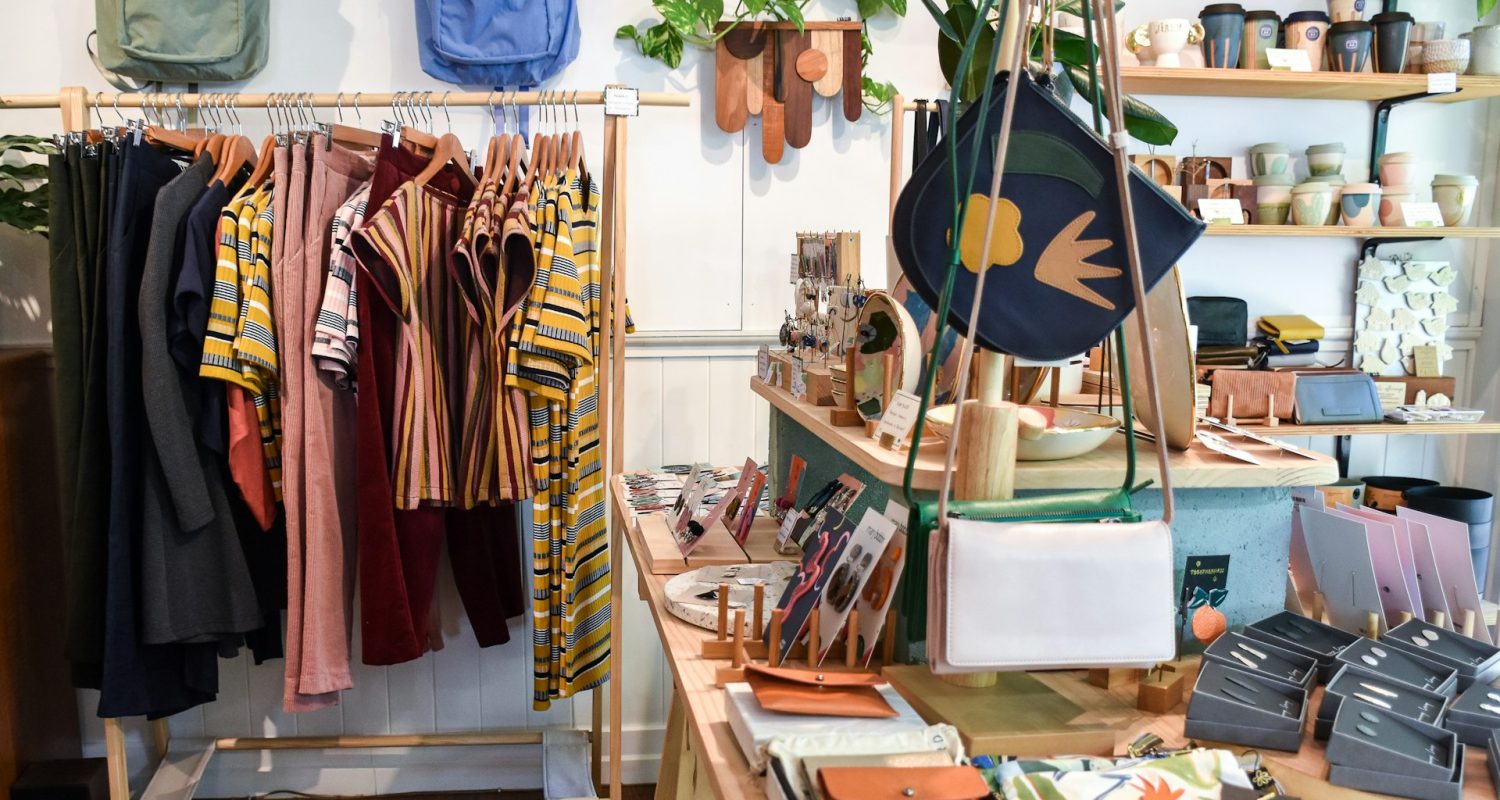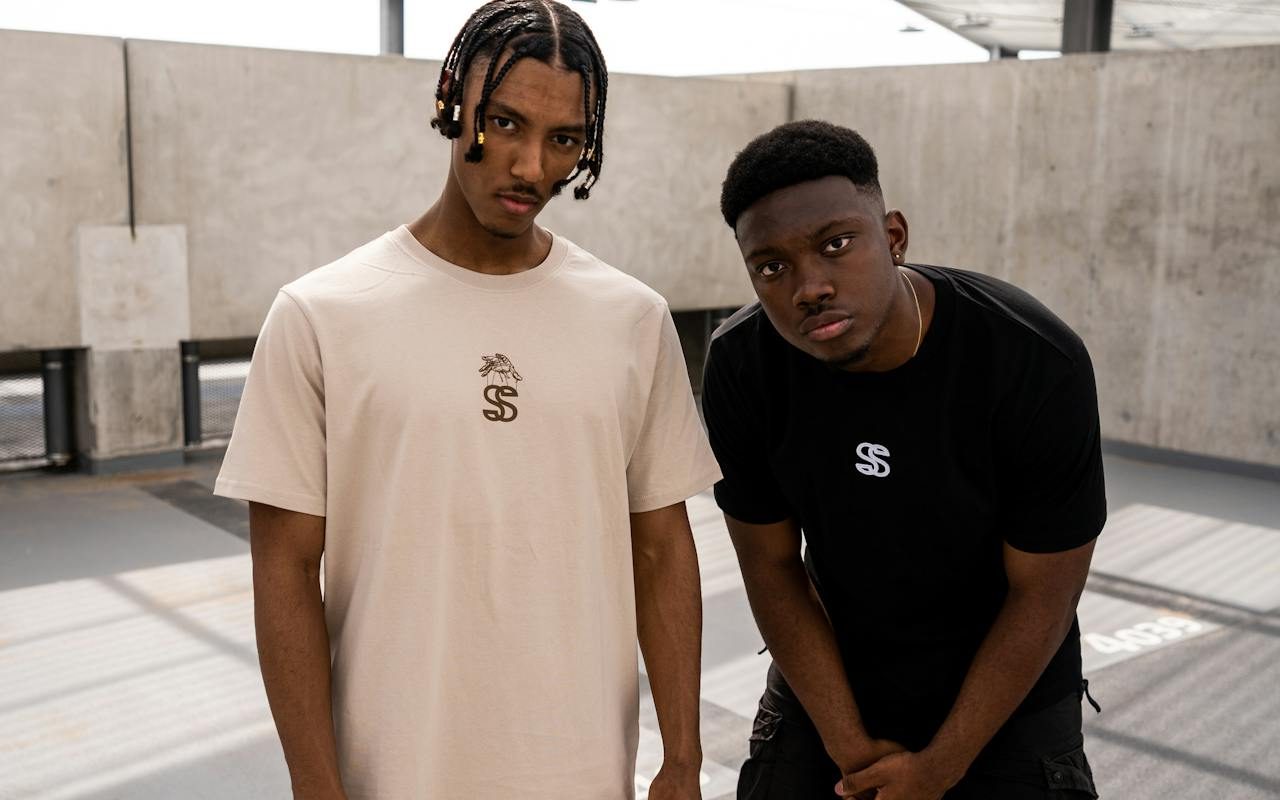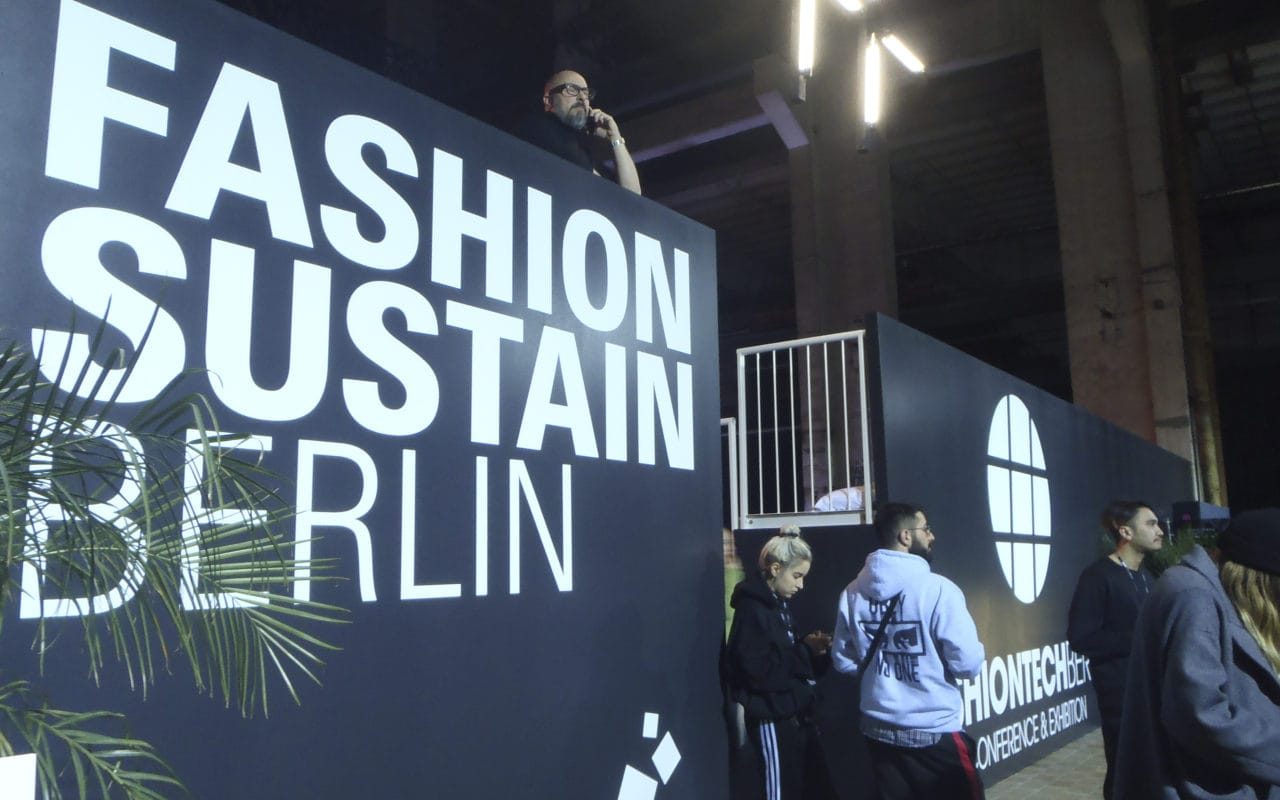The Rise of Ethical Fashion: Redefining Style with a Conscience
In the fast-paced fashion world, a rising trend goes beyond the latest design trends and runway shows. Ethical fashion is taking center stage, redefining style with a conscience. It’s not just about the brands, but also about the consumers who are becoming increasingly conscious of the environmental and social impact of the fashion industry. Their demand for change and transparency is pushing the industry to adapt. This shift in mindset has given rise to a movement that celebrates sustainable and responsible fashion practices.

With a focus on ethical sourcing, fair trade, and sustainable materials, ethical fashion brands are challenging the industry’s conventional norms. They are creating stylish, high-quality clothing that looks good and does well. From organic cotton to recycled materials and upcycled fabrics, these brands are leading the way in creating a more sustainable and ethical future.
This article will explore the rise of ethical fashion, highlighting the brands and initiatives that are making a difference. We will delve into the importance of conscious consumerism and how we can all play a part in redefining the fashion industry. Join us as we discover how style and conscience can go hand in hand.
Why Ethical Fashion is Important
The fashion industry has long been criticized for its negative impact on the environment and the well-being of workers in the supply chain. Fast fashion, in particular, has been a significant contributor to these issues. The rapid production and consumption of cheap, disposable clothing have resulted in massive waste and pollution.
Fast fashion brands often prioritize low costs and quick turnaround times, leading to exploitative labor practices and unsafe working conditions. It’s not just about the environment, but also about the people. Workers in countries with weak labor laws and low wages are particularly vulnerable to these practices. The fashion industry also contributes to greenhouse gas emissions, water pollution, and deforestation.
Ethical fashion offers a solution to these problems. Ethical fashion brands are not just working towards a more responsible and transparent industry, they are actively creating it. By focusing on sustainable practices and fair treatment of workers, they are making a positive impact on the environment and the lives of those in the fashion supply chain. They prioritize using environmentally friendly materials, reduce waste through recycling and upcycling, and ensure their employees’ fair wages and safe working conditions.
The Impact of Fast Fashion on the Environment
The rise of fast fashion has had a devastating impact on the environment. The fashion industry is the second-largest polluter in the world after the oil industry. Producing clothing requires vast amounts of water, energy, and chemicals. From growing cotton to dyeing fabrics and processing materials, every supply chain step has a significant environmental footprint.

Furthermore, the fast fashion model encourages overconsumption and disposable clothing. Trends change rapidly, leading to buying new clothes and discarding old ones. This has resulted in massive amounts of textile waste, with only a small percentage being recycled or reused.
In addition to waste, the fashion industry is a significant contributor to greenhouse gas emissions. The production and transportation of clothing release large amounts of carbon dioxide into the atmosphere, contributing to climate change. Synthetic fibers, such as polyester, further exacerbates the problem, as these materials are derived from fossil fuels and do not biodegrade.
The Benefits of Ethical Fashion
Ethical fashion offers numerous benefits for both consumers and the planet. By supporting ethical fashion brands, consumers can positively impact the environment and the lives of garment workers. Ethical fashion brands prioritize sustainability, fair trade, and transparency, ensuring that their products are made with respect for people and the planet. This is not just a fashion choice, but a step towards a more sustainable future.
One key benefit of ethical fashion is the use of sustainable materials. Organic cotton, for example, is grown without harmful pesticides and fertilizers, reducing the impact on soil and water. Recycled materials, such as polyester made from plastic bottles, help reduce the demand for new resources and divert waste from landfills.

Ethical fashion brands also prioritize fair trade practices. This means that workers are paid fair wages, provided with safe and healthy working conditions, and have the right to collective bargaining. By supporting these brands, consumers can help improve the lives of workers in the fashion industry, many of whom are women in developing countries.
Transparency is another key aspect of ethical fashion. Ethical fashion brands strive to provide information about their supply chains, including where their materials come from and how their products are made. This allows consumers to make informed choices and hold brands accountable for their practices.
Ethical Fashion Brands and Their Initiatives
The rise of ethical fashion has seen the emergence of numerous brands and initiatives that are making a difference in the industry. These brands prioritize sustainability, fair trade, and transparency, creating stylish and high-quality clothing that aligns with the values of conscious consumers.
One such brand is Patagonia, known for its environmental and social responsibility commitment. Patagonia uses recycled and organic materials in its products and is actively involved in environmental activism and conservation efforts. The brand also encourages repair and reuse, offering a repair service for its products to extend their lifespan.
Another notable brand is Everlane, which focuses on transparency and ethical production. Everlane provides detailed information about its factories and production processes, ensuring that workers are paid fair wages and operate in safe conditions. The brand also emphasizes timeless designs and high-quality materials to create a more sustainable and long-lasting wardrobe.
In addition to these established brands, minor, independent designers and artisans are championing ethical fashion. These designers often work with local communities, using traditional craftsmanship techniques and sustainable materials. By supporting these brands, consumers can discover unique and ethically made pieces that tell a story. Learn more about ethical fashion brands and their impact.”

How to Shop Ethically on a Budget
Contrary to popular belief, ethical shopping does not have to break the bank. While ethical fashion brands often have higher price points due to their commitment to fair labor and sustainable practices, there are ways to shop ethically on a budget.
One approach is to prioritize quality over quantity. Instead of buying cheap, disposable clothing, invest in well-made, timeless pieces that will last years. These pieces may be more expensive upfront, but they will save money in the long run as they will be replaced less frequently.
Another option is to explore second-hand and vintage clothing. Thrift stores, consignment shops, and online platforms like Depop and Poshmark offer a wide range of pre-loved clothing at affordable prices. Not only does shopping second-hand save money, but it also helps reduce waste by giving clothes a second life.
Additionally, look for ethical fashion brands that offer budget-friendly options. Many brands have started to offer more affordable lines or occasional sales, making ethical fashion more accessible to a broader audience. By researching and comparing prices, it is not only possible but also within your reach to find ethically made clothing that fits your budget. This inclusivity is a crucial part of the ethical fashion movement, as it empowers everyone to make a difference.
Tips for Building a Sustainable Wardrobe
Building a sustainable wardrobe involves making conscious choices and investing in pieces that align with your values. Here are some tips to help you create a more sustainable and ethical wardrobe:
- Assess your current wardrobe: Take stock of what you already own and identify the pieces you love and wear frequently. This will give you a better understanding of your style and help you make more intentional purchases in the future.
- Prioritize quality over quantity: Instead of buying fast fashion trends, invest in well-made, timeless pieces that will last for years. Look for high-quality materials and craftsmanship that can withstand wear and tear.
- Choose versatile pieces: Opt for clothing that can be styled in multiple ways and easily mixed and matched with other items in your wardrobe. This will help you maximize the use of each piece and create a variety of outfits.
- Embrace a minimalist mindset: Practice mindful consumption by only buying what you truly need and love. Avoid impulse purchases and take the time to consider whether a new item will genuinely add value to your wardrobe.
- Repair and care for your clothes: Extend the lifespan of your clothing by repairing and maintaining them. Learn basic sewing skills to fix minor damages, and follow care instructions to ensure your clothes stay in good condition for longer.
- Support sustainable brands: Find ethical fashion brands that align with your values and offer sustainable and transparent practices. Research their supply chain and certifications to ensure that they meet your standards.
Following these tips, you can gradually build a sustainable wardrobe that reflects your style and values while reducing environmental impact.
The Role of Influencers in Promoting Ethical Fashion
Influencers play a significant role in shaping consumer trends and promoting ethical fashion. With their large social media following and influential presence, they have the power to raise awareness and inspire others to make more conscious fashion choices.

Many influencers have started to use their platforms to highlight ethical fashion brands and showcase sustainable outfits. They provide styling tips, share their favorite ethical brands, and educate their followers on the importance of conscious consumerism. Doing so, they help debunk the myth that ethical fashion is boring or unattainable, making it more accessible and appealing to a broader audience.
In addition to promoting brands, influencers encourage their followers to engage in sustainable practices, such as thrifting, upcycling, and repairing clothing. They demonstrate that fashion can be creative, fun, and environmentally friendly.
However, it is essential to be critical of influencers and their partnerships. Some influencers may promote brands without thoroughly researching their practices or may engage in greenwashing, where brands present themselves as more sustainable than they are. As consumers, we must do our research and make informed choices rather than unthinkingly following influencer recommendations.
Ethical Fashion Events and Campaigns
Ethical fashion events and campaigns are powerful tools for raising awareness and driving change in the industry. These initiatives unite designers, brands, activists, and consumers to showcase ethical fashion and advocate for a more sustainable future. One notable event is Fashion Revolution Week, which occurs annually in April. You can learn more about their impact and how to participate on their official website

Conclusion: Embracing Ethical Fashion for a Better Future
The rise of ethical fashion represents a shift towards a more responsible and conscious fashion industry. By prioritizing sustainability, fair trade, and transparency, ethical fashion brands are challenging the industry’s conventional norms and creating stylish, high-quality clothing that is good for people and the planet.
As consumers, we can drive change through our purchasing decisions. By supporting ethical fashion brands and adopting sustainable practices, we can positively impact the environment and the lives of garment workers. From shopping second-hand, investing in quality pieces, embracing a minimalist mindset, and repairing our clothes, there are numerous ways to build a more sustainable wardrobe.
Influencers and events also play a crucial role in promoting ethical fashion and raising awareness. They inspire others to make conscious choices and challenge brands to be more transparent and sustainable in their practices.
Embracing ethical fashion is not just about following trends but redefining style with a conscience. It is about recognizing the power of our choices and their impact on the world around us. By embracing ethical fashion, we can create a better future for ourselves, future generations, and the planet. So, let’s join the movement and make ethical fashion the new norm.

